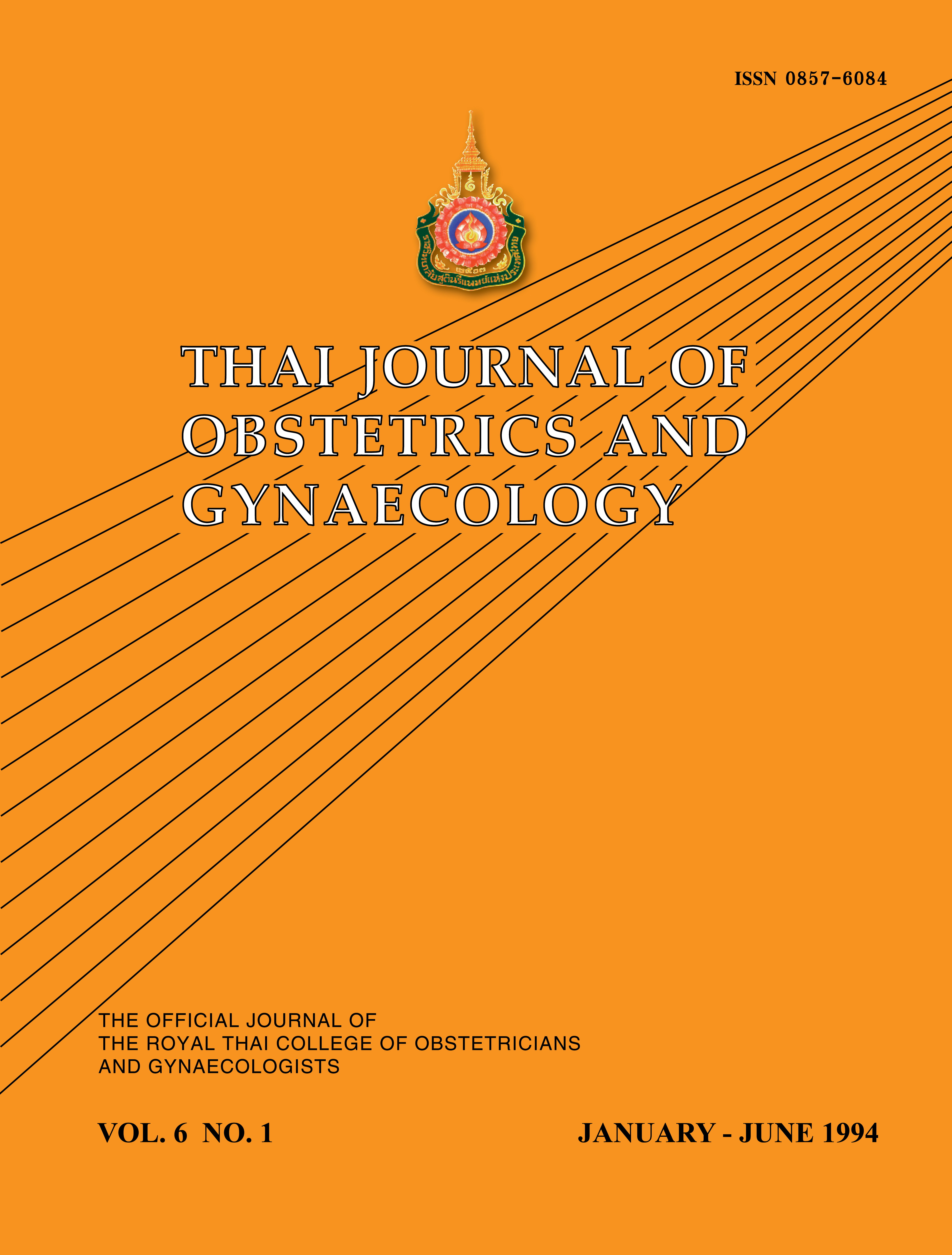The Pathologist and Perinatal Medicine Part I - Perinatal Epidemiology - Improving the Data Set
Main Article Content
Abstract
The perinatal pathologist can, as an integral part of the maternal fetal medicine team, make a number of important contributions to this rapidly developing, stimulating and challenging field of clinical medicine. These include: -
1. At individual case level, providing diagnostic information to aid in planning the management of sub sequent pregnancies at risk.
2. At hospital, regional and national level, improving the accuracy and validity of perinatal epidemiological data, and thereby contributing both to better surveillance of patterns of perinatal disease and to the overall planning of health care services.
3. At an individual case level, at unit level and on a regional basis, playing a key role in the quality assurance and auditing of new technologies, particularly those used in prenatal diagnosis, fetal therapy and neonatal intensive care.
4. Through liaison with colleagues in clinical pathology, encouraging the development of diagnostic labora t ory services, technology essential, appropriate for supporting perinatal medicine and the effective use of expensive or scarce manpower and material resources.
5. By careful and thoughtful exami nation and evaluation of the indi vidual fetus and placenta through collaborative and interdisciplinary studies contribute to the further understanding of developmental biology and of the pathogenesis and evolution of disease in the fetus and newborn.
6. In countries where there is an increasing tendency to litigation in obstetrics, provide an impartial opinion and act as an expert withness.
7. Provide an educational model to enhance the status of the autopsy as a central pillar of quality assur ance and audit in clinical practice.
Article Details

This work is licensed under a Creative Commons Attribution-NonCommercial-NoDerivatives 4.0 International License.


